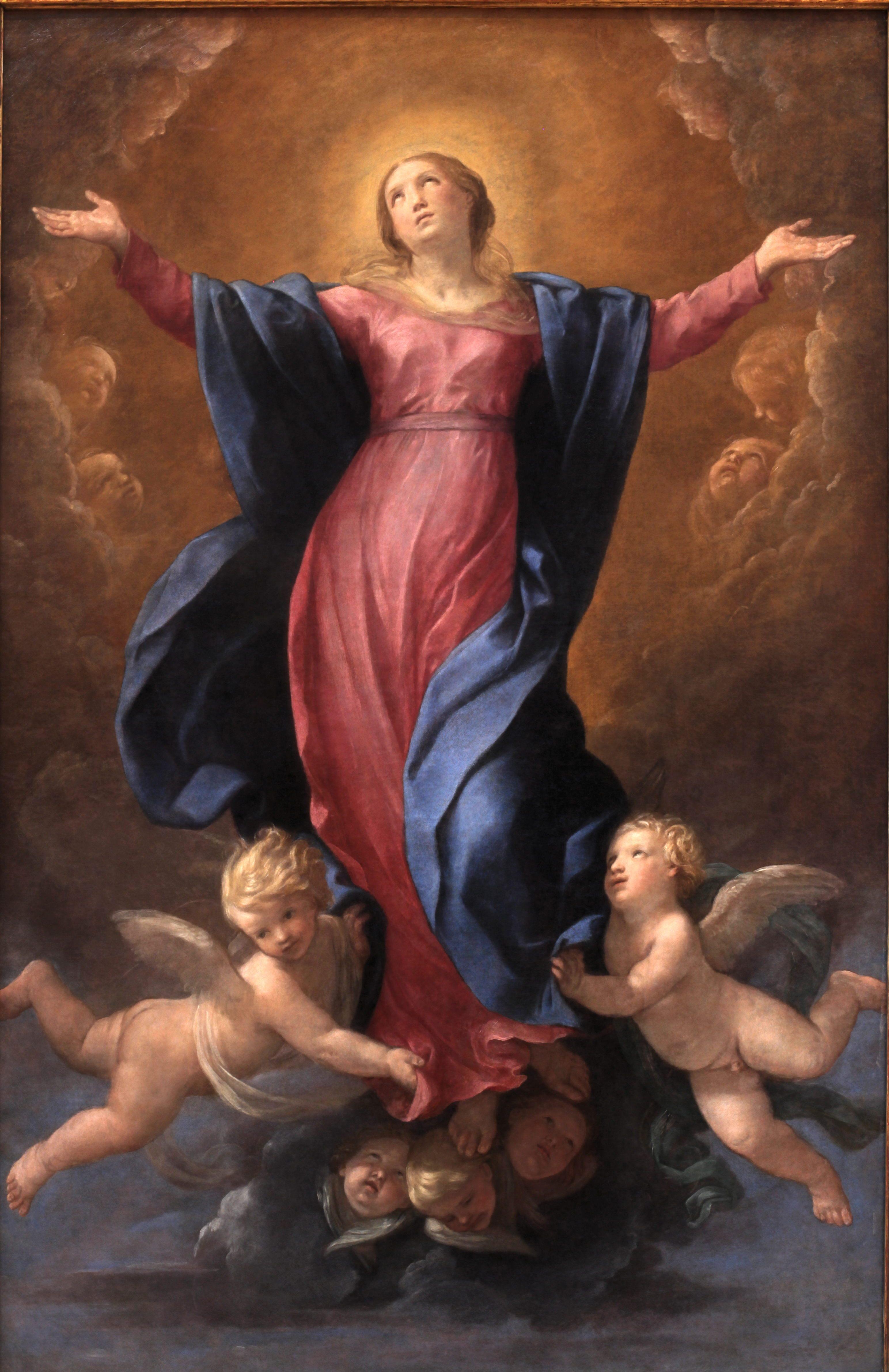Description
The painting Assumption Of The Virgin by Guido Reni is a masterpiece of Italian Baroque art from the 17th century. This work represents the ascension of the Virgin Mary to heaven, surrounded by angels and saints.
Reni's artistic style is characterized by its elegance and refinement, and this work is no exception. The composition is perfect, with the figure of the Virgin at the center of the painting, surrounded by angels and saints who accompany her on her ascent to heaven.
Color is another outstanding aspect of this work. The soft and delicate tones of the Virgin's skin contrast with the bright and vibrant colors of the angels and saints that surround her. The light that illuminates the scene is soft and diffuse, creating an atmosphere of serenity and peace.
The history of the painting is also fascinating. It was commissioned by Cardinal Alessandro Peretti Montalto in 1616 for the Peretti family chapel in the church of San Giacomo degli Spagnoli in Rome. The work was completed in 1621 and became one of Reni's most famous paintings.
But there are little-known aspects of this work that make it even more interesting. For example, it is said that Reni used her lover as a model for the figure of the Virgin. Furthermore, the painting was stolen twice: the first time in 1798 by French troops during the occupation of Rome, and the second time in 1944 by the Nazis during World War II.
In short, the painting Assumption Of The Virgin by Guido Reni is a masterpiece of Italian Baroque art that stands out for its elegance, refinement, and perfection in composition and color. Its history and little-known aspects make it even more fascinating and worthy of admiration in any art gallery.

